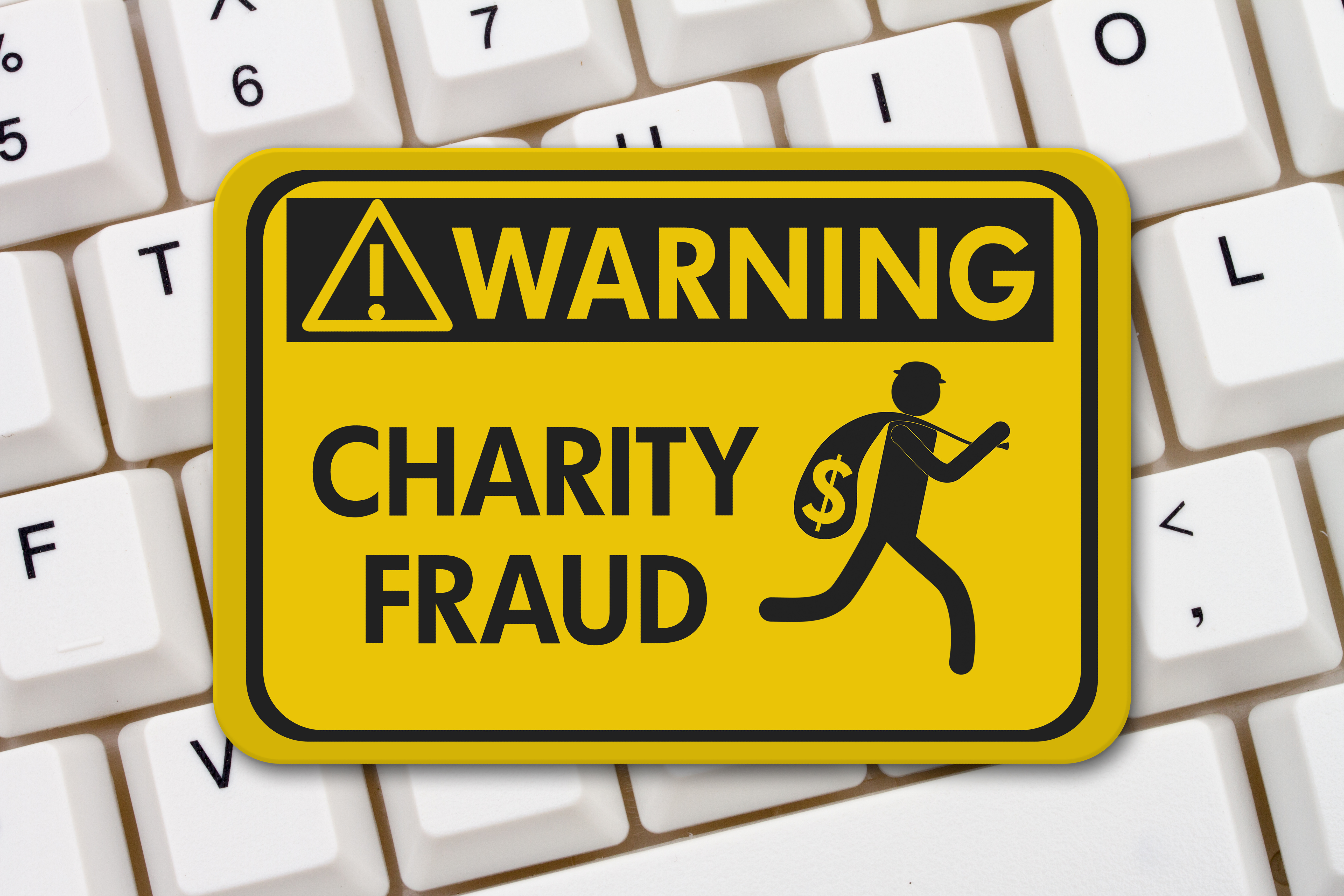NHS Charity Fraud Information Alert
Charity Fraud Awareness Week is taking place this year between 27th November and 1st December 2023.
Many NHS organisations have connected charities, but did you know that they are susceptible to fraud
just as much as NHS Trusts themselves?
Charity frauds can be simple, for example, someone posing as a fundraiser for an existing charity
and asking for donations or pretending to participate in a challenge on behalf of the NHS charity and
collecting sponsorship monies for themselves, not passing them on.
They can also be complex: fraudsters could create an entirely sham charity, supposedly on behalf of
the NHS, and, again, pocket all the proceeds from any fundraising donations.
Charitable funds can also be misused, be spent on things not linked to the charity’s aims, or not be
used to aid appropriate recipients.
Thankfully, NHS charity fraud is quite rare; but, there have been a number of charity fraud referrals
within the NHS that have needed investigation. Some examples include:
A genuine NHS Trust Twitter/X account posted a notification regarding a festive charity fundraising
event. A member of staff responded asking how they could donate. In addition to the official reply
directing them to the NHS charity’s fundraising page, someone else (a fraudster) had set up a similar
sounding charity name, together with accompanying Twitter/X profile, and posted that donations could
be made via a PayPal account – an account controlled by the fraudster and not connected to the Trust.
The account was reported to Twitter and blocked.
Another NHS organisation’s charity received an email purporting to be from another, named charity.
The NHS charity was to benefit from a £4.8m donation on receipt of official documentation from the
health body, for “verification purposes”. Checks were conducted using the Charity Commission register,
which helped identify that the donating ‘charity’ was not legitimate, not registered in the UK, but did
have a website. The website was subsequently reported and blocked by the Charity Commission.
It was also reported on the BBC news website in May 2022 that a volunteer who thought he was
helping their local Hospital at the beginning of the pandemic, was in fact creating “NHS Heroes” badges
for a fraudster, who was using the goodwill of a thankful general public to benefit themselves financially.
Fraudsters use social engineering techniques such as applying a sense of urgency and playing on emotions to target situations where people think they are helping out a “good cause”, so people may not apply their usual caution and hesitancy before transferring funds or making donations.
Charity fraud ‘red flags’ to look out for / actions to take:
- A charity collector is vague about what the charity’s name is or what it does, or has no obvious identification documentation from the charity in question.
- There is no Charity Commission registration number visible - i.e., the charity’s registration details can’t be verified on the Charity Commission website.
- Conduct your own online research about the charity. Scrutinise the charity’s name – does it sound like a similar, legitimate charity? Do social media postings indicate any concerns?
- If it states it’s linked to a health body, ask the NHS organisation if the charity is legitimate.
- Be alert to requests for sensitive personal information, alongside donation requests.
- Avoid non-traditional payment methods (i.e., unusual online transfer apps).
- Beware of ‘charitable’ links contained in social media posts or in unsolicited emails.
- Look out for high-pressure tactics trying to solicit donations (‘social engineering’).
- Keep records of any donations you do make (who, what, where, when, how etc).
Reporting concerns:
Action Fraud is the national reporting centre specifically for reporting frauds, including charity-related frauds, and has an online reporting service, available 24 hours a day.
If you believe a charity fraud is NHS-related, report it to the relevant health body who will inform their Anti-Fraud Specialist. Please provide as much detail as possible.
You can also report it via the NHSCFA 24-hour reporting line on 0800 028 4060 (powered by Crimestoppers) or use their confidential online reporting form.
For essential advice on charity fraud, visit the Charity Commission website.
More information about Charity Fraud Awareness Week 2023 can be found here.
